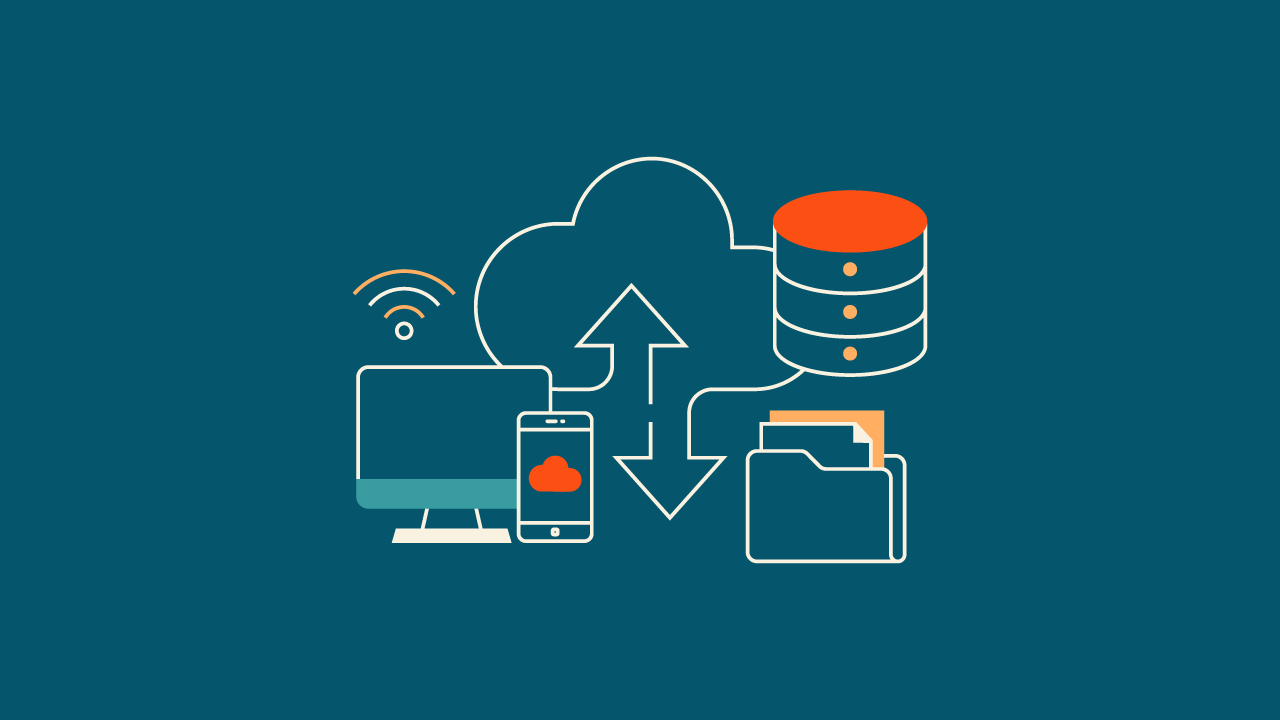User-friendly Automated Backup Systems For Startups

Data is now the lifeblood of businesses in the digital age we live in. Losing any of this crucial information, including customer, financial, and operational data, can have disastrous repercussions. Small businesses require a dependable and secure backup solution that can effectively protect their data because of this. Small businesses can benefit greatly from cloud-based backup because it offers flexibility, scalability, and security.
- Recognizing Cloud-based Backup
- Benefits of Small Business Cloud-based Backup
- Cloud-based backup solutions' security features
- Selecting the best Cloud-based Backup Service
- How to set up a Cloud-based Backup for Your small business
- Automated Backup vs. Manual Backup: Which is Better?
- Using cloud-based backup to reduce downtime
- Ensure Data Compliance with Cloud-based Backup
- Using a cloud-based backup to access and restore data
- Disaster recovery planning with cloud-based backup
- Comparing cloud-based backup to on-premise backup solutions
- Scalability and cost-effectiveness of cloud-based backup
- Overcoming Common Obstacles in the Implementation of Cloud-based Backup
Understanding cloud-based backup
Cross-platform Remote Backup Windows 8 Security Assessment
The term" cloud-based backup" describes the act of storing data on remote servers that can be accessed online. Businesses can securely store and access their data from anywhere at any time rather than relying on physical backup devices like hard drives or tapes. Hardware failure, loss, or theft are all eliminated as a result.
Benefits of Small Business Cloud-based Backup
For small businesses, cloud-based backup has a number of benefits. It offers automatic backups, guaranteeing ongoing data protection without the need for manual intervention. Cloud-based backup also enables simple scalability, allowing you to expand your storage capacity as your company expands. Additionally, it lowers the price of hardware upgrades and maintenance (Private Cloud Backup).
Affordable Backup Solution For Personal Computer Advantages
Cloud-based backup solutions' security features
To safeguard your data, dependable cloud-based backup solutions provide robust security features. To make sure that only authorized people can access it, these include encryption, both during transit and at rest. Multi-factor authentication is one example of an advanced authentication technique that adds a second layer of security. To ensure the integrity of the data, routine audits and compliance certifications are also required.
Picking the best Cloud-based Backup Service - Offsite Server Backup
State-of-the-art Application Backup Innovations
Consider aspects like reputation, dependability, and customer support when choosing a cloud-based backup provider. Find providers who have a history of uptime and data protection. To comprehend their dedication to data recovery and restoration, evaluate their service level agreements ( Slas ). To find a solution that meets your company's needs, evaluate their pricing strategies and scalability options as well.
How to set up Cloud-based Backup for Your small business
There are several steps involved in implementing cloud-based backup. First, thoroughly evaluate your data storage needs and pinpoint important data that requires backup. Next, select a reliable cloud-based backup service provider and work out an agreement for the service. Choose suitable retention policies and set up backup schedules. To ensure data recoverability, monitor and test your backups on a regular basis.
Comprehensive Remote Backup Client Security Assessment
Automated Backup vs. Manual Backup: Which is Better?
Automated backups are provided by cloud-based backup systems and are much more dependable than manual copies. Human error is eliminated by automated backups, which also guarantee that data is consistently protected without manual intervention. While lowering the risk of data loss brought on by forgetfulness or negligence, it saves time and resources.
Cloud-based Backup to Reduce Downtime
Cost-effective Offsite Backup And Online Backup For Large Enterprises
The ability to minimize downtime during data loss events is one of cloud-based backup's key benefits. Businesses can quickly recover lost data and get back to business with regular backups stored in the cloud. This lessens the effect on output and client satisfaction. The downtime will decrease as data restoration progresses.
Ensure Data Compliance with Cloud-based Backup
Depending on their industry and location, businesses must abide by a variety of data protection regulations. By providing data encryption, access controls, and audit logs, cloud-based backup solutions can assist in meeting these compliance requirements. To avoid legal repercussions and safeguard private customer information, it is essential to choose a provider who abides by pertinent industry standards.
Simplified Remote Backup And Restore Comprehensive Review
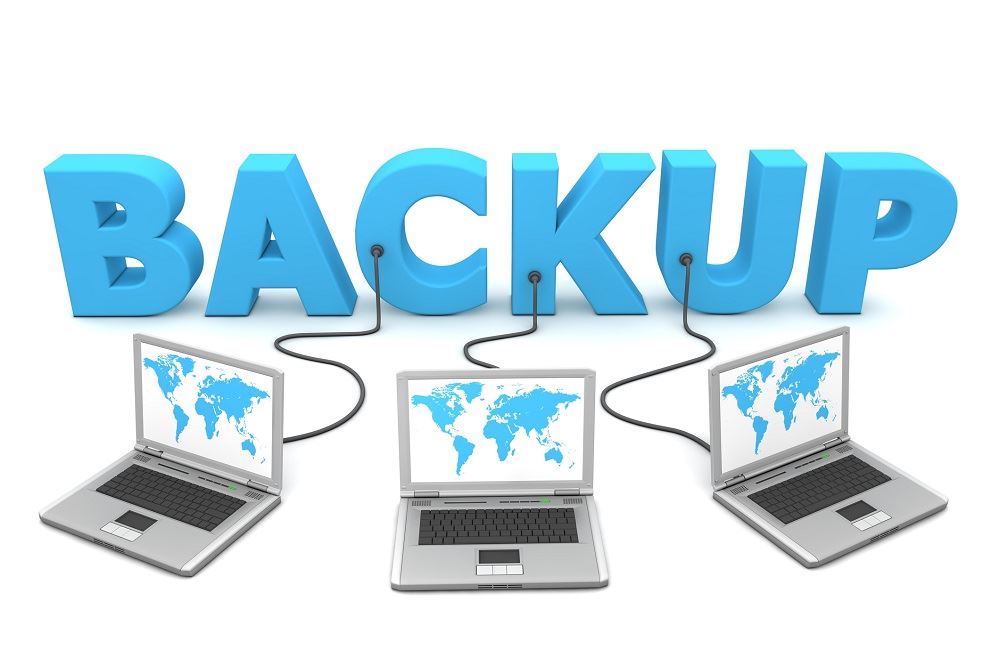
Using a cloud-based backup to access and restore data
Accessing and restoring data whenever necessary is simple thanks to cloud-based backup solutions. With an internet connection, authorized users can access files and folders from anywhere. Businesses can quickly recover their crucial information in the event of unintentional deletion, hardware failure, or cyberattacks thanks to the data restoration process, which is typically simple.
Disaster recovery planning using cloud-based backup
Fast Online Backup Windows 11 Data Protection Strategies
Disaster recovery planning relies heavily on cloud-based backup. Businesses can safeguard their data from physical disasters find like theft, fires, and floods by keeping backups off-site in secure data centers. Businesses can quickly recover their crucial information and resume operations in the event of a disaster thanks to cloud-based backup.
Comparing On-premise Backup Solutions to Cloud-based Backup
In comparison to Website conventional on-premise backup solutions, cloud-based backup offers a number of advantages. There is no need for pricey hardware investments or ongoing maintenance with cloud-based backup. In addition, cloud-based backup offers more accessibility, scalability, and flexibility than on-premises backups, which are constrained by physical infrastructure.
Rapid Cloud Backup Strategies For Experts

Businesses can scale up or down their storage capacity with the help of cloud-based backup solutions because they are so scalable. Small businesses can afford it because of its scalability, which ensures that they only pay for the storage they need. Additionally, cloud-based backup makes it unnecessary to spend money on It infrastructure or buy extra hardware.
Overcoming Common Obstacles in the Implementation of Cloud-based Backup
Intuitive Backup Server For Small Business Cost Analysis
Even though cloud-based backup has many advantages, small businesses may find it difficult to implement. Large data volumes, potential bandwidth restrictions during peak hours, and the requirement for reliable internet connectivity all contribute to the slowness of initial backups. But with the right planning, monitoring, and backup provider selection, these difficulties can be reduced.
Important Notes:
Small businesses can benefit from flexibility, scalability, and peace of mind thanks to cloud-based backup.
For cloud-based backup solutions to protect data, security features like encryption and authentication are crucial.
For data protection, it is essential to pick a reputable and trustworthy cloud-based backup provider.
- Data assessment, provider selection, configuration, and monitoring are all components of cloud-based backup implementation.
- Cloud-based solutions' automated backups are more dependable than manually performed ones.
- Cloud-based backup makes it easier to quickly restore data and reduces downtime during data loss events.
- Security measures for cloud-based backups can be used to comply with data protection regulations.
- Cloud-based backup makes it simple to access and restore data from any location connected to the internet.
Offsite backups offered by cloud-based solutions improve disaster recovery planning.
- Cloud-based backup has benefits over on-premises solutions, such as cost-effectiveness and scalability.
Businesses can scale cloud-based backup so they only need to pay for the storage they require.
- With careful planning and picking the right provider, common obstacles to implementing cloud-based backup can be overcome.
Rapid Remote Backup Windows 8 Quick Guide
Keep in mind that small businesses can suffer greatly from data loss. You can safeguard sensitive data and guarantee business continuity with cloud-based backup.
Key Takeaways or a related phrase
- Cloud-based backup reduces the risk of loss and ensures data protection.
- Cloud-based backup solutions are adaptable and scalable, and they help small businesses.
- Data integrity is guaranteed by security features like encryption and authentication.
For dependable cloud-based backup services, selecting a reputable provider is crucial.
Data assessment, provider choice, and configuration are appropriate implementation steps.
- Automated backups save time and lower the risk of human error.
- Cloud-based backup speeds up data restoration and reduces downtime.
- Cloud-based backup enables compliance with data protection regulations.
Cloud-based backup solutions make it simple to access and restore data.
- Cloud-based backup's offsite storage enhances disaster recovery planning.
In terms of cost and scalability, cloud-based backup offers advantages over on-premise solutions.
- Scalability guarantees cost-effectiveness in the implementation of cloud-based backups.
- With careful planning, difficulties like sluggish initial backups can be overcome.
- A successful cloud-based backup implementation depends on reliable internet connectivity.
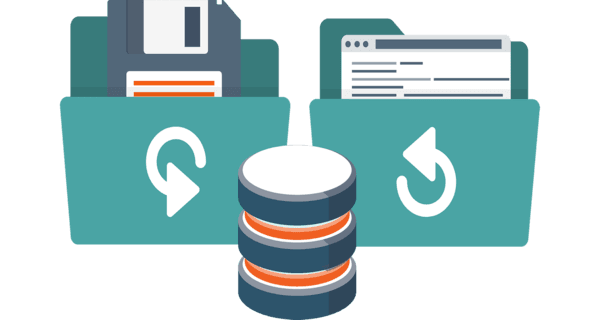
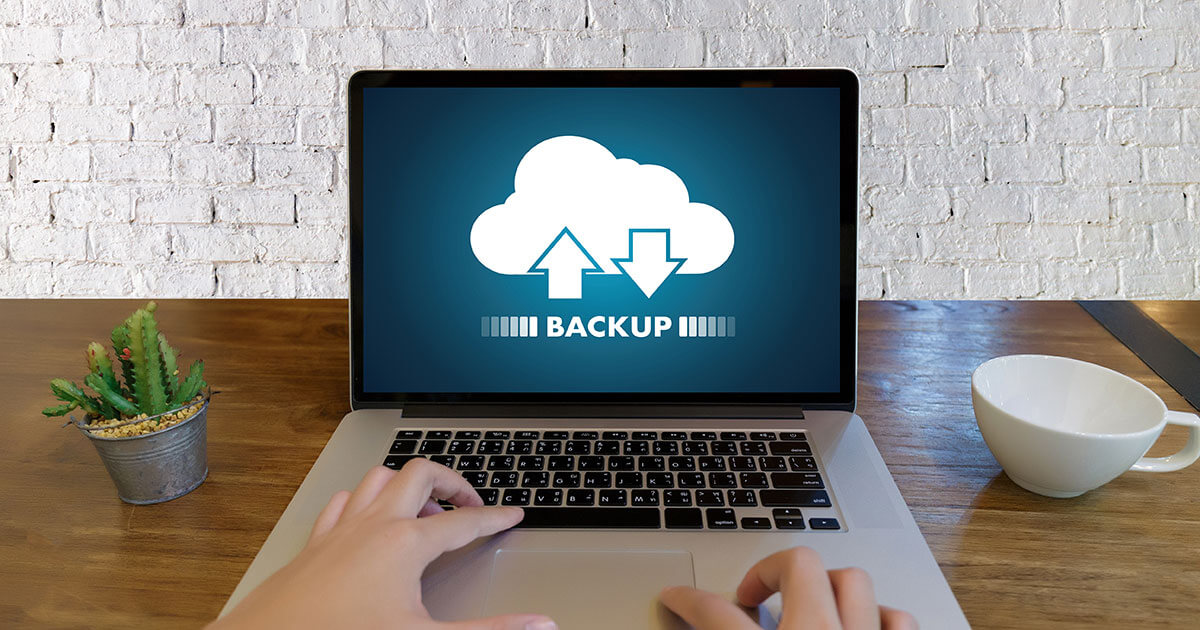
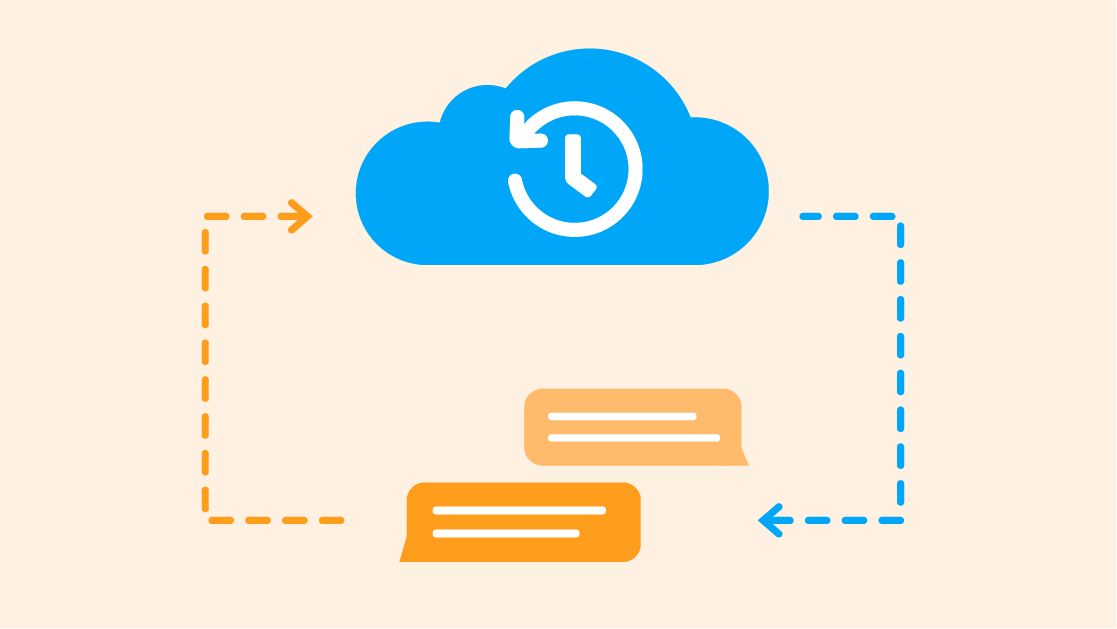
:max_bytes(150000):strip_icc()/how-to-backup-a-computer-to-an-external-hard-drive-5184117-11-73338a1b93454808a3feb155858e8a81.jpg)
